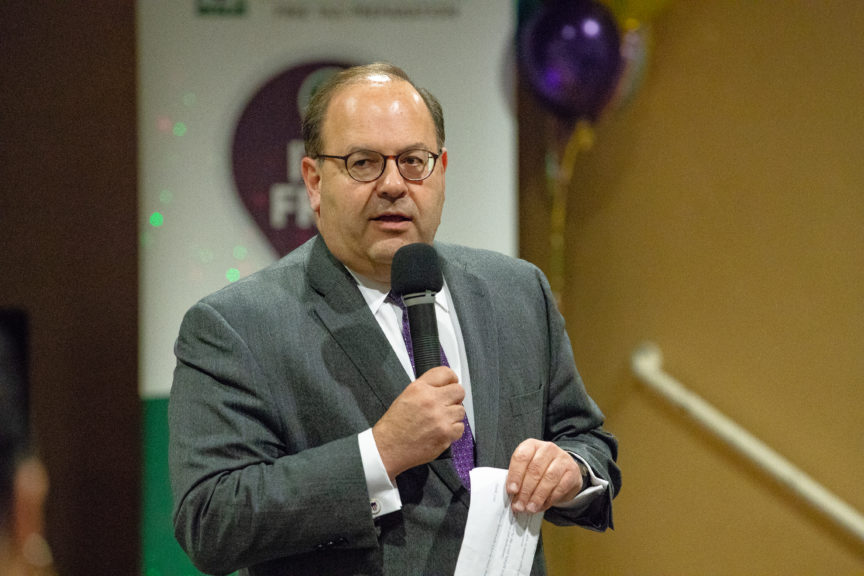Councilmember Domb’s bill helps low-income wage earners put more of their hard-earned money back into their pockets, recipients up 80% over 2020
PHILADELPHIA – City Councilmember Allan Domb announced today the city returned $241,497 to 1,421 low-income earners who filed for a Wage Tax refund equal to the amount they paid the city in 2020. There were 641, or 80 percent, more individuals who received a refund compared to the prior tax year.
Councilmember Domb’s legislation, which was passed in January 2020, expanded the reimbursement rate for low-income households from 0.5 percent to 2.3 percent. The higher refund rate provides a greater financial incentive for individuals to apply, which was realized through the significant increase in total recipients and reimbursement amount over the prior year. The latest tax filing season was the first year the higher reimbursement amount could be applied.
“We need to continue pursing every measure possible to help those most in need if we are going help the quarter of our population currently living in poverty,” said Councilmember Domb. “We have a long way to go to helping more low-income families realize this benefit but we took a major first step in the right direction in just one year and that’s worth acknowledging.”
Under the prior, lower reimbursement rate, 780 workers filed and received the refund in 2020, totaling $66,191 in refunds. When Councilmember Domb expanded the Wage Tax reimbursement rate, it was estimated that it could help as many as 60,000 households access tax refunds if they apply, impacting the lives of 140,000 individuals. This program could amount to about $25 million going directly back to our working poor in Philadelphia.
“Now that we have the right tool in place to put more money back into the pockets of Philadelphians who need it most, we require an aggressive outreach campaign to connect with thousands of more individuals who are eligible for the refund,” said Councilmember Domb. “We have exceptional organizations in our city that are willing and able to help. We need everyone working together if we are going to truly lift up our financially vulnerable residents.”
Organizations like Benefits Data Trust, Campaign for Working Families, Community Legal Services, Ceiba and many others are working hard every day to help individuals and families receive the tax credits and refunds they deserve.
“Wage tax relief is needed now more than ever for thousands of low-income Philadelphians struggling to make ends meet,” said Pauline Abernathy, Chief Strategy Officer for Benefits Data Trust. “With unemployment insurance expected to end for many in less than two weeks and the federal eviction moratorium scheduled to end only a few weeks later, we need to ensure that every eligible Philadelphian gets their Wage Tax refund.”
“The past year has been even more challenging for many of our Philadelphia families and any additional amount that can be set aside to put into their savings or pay for essential needs can be life changing,” said Councilmember Domb. “We need to put as many resources as we can into the hands of Philadelphia families for whom making ends meet is a significant daily struggle.”
“We are committed to the taxpayers of Philadelphia and will always work on their behalf to assist them in receiving any and all tax credits available to them,” said Mary Arthur, President and CEO for Campaign for Working Families. “We are proud to be part of this initiative that is helping more taxpayers get the refunds they deserve.”
Information about filing for a Wage Tax refund can be found at the City of Philadelphia Department of Revenue’s website, and by clicking here.
The legislation was a first step to helping the city’s lowest-wage earners keep more of their hard-earned money. Councilmember Domb has been advocating for an overall restructuring of the city’s tax system and to make sound investments in workforce development programs that can produce family-sustaining jobs.
“The best opportunity we can offer Philadelphians is a job opportunity,” said Councilmember Domb. “When more people are working, poverty rates decline, health care access increases, educational attainment rates go up. This is all connected, and we must act now if we want to change our trajectory.”
###


